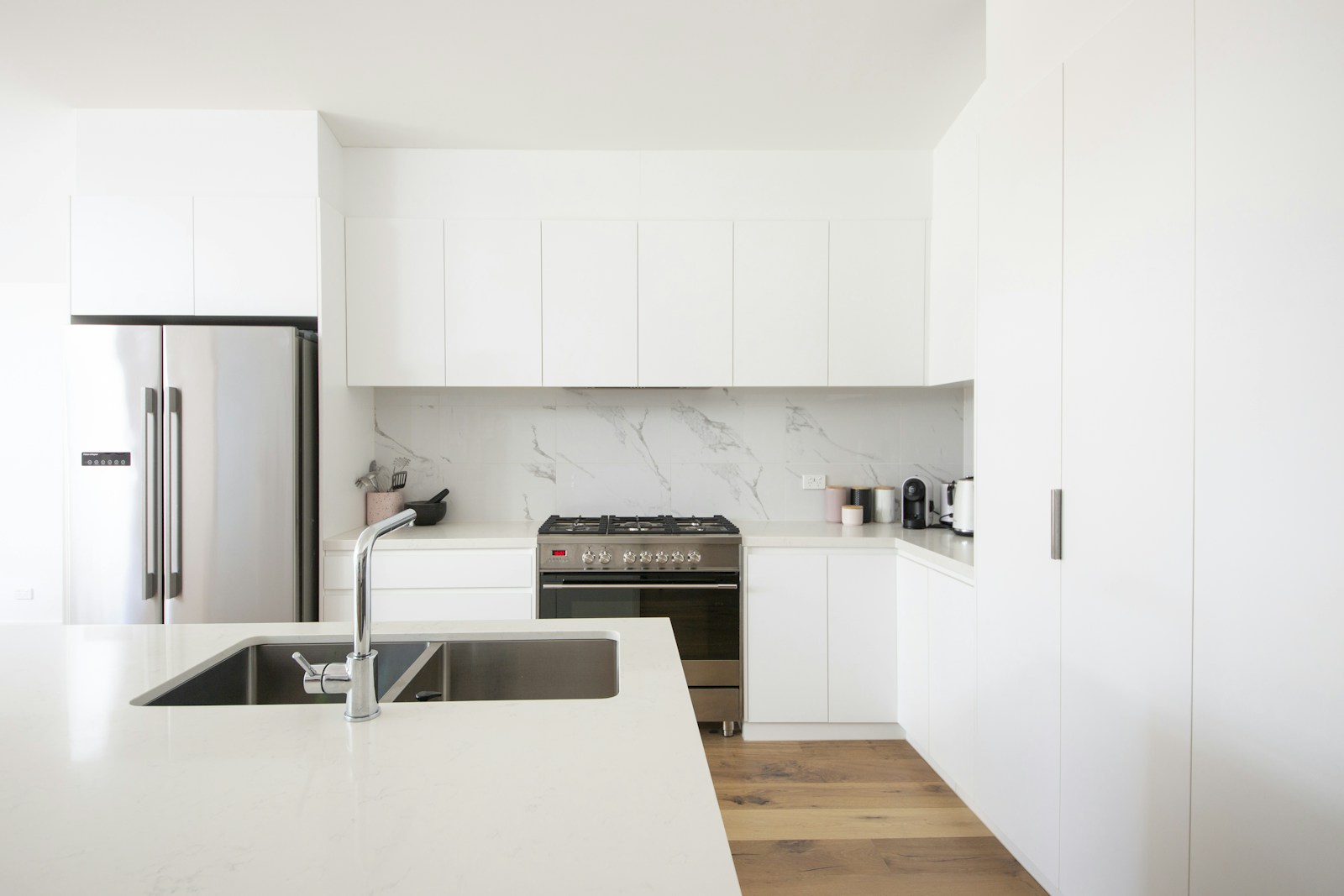
干净
gān jìng

clean
The Chinese word for 'clean' is '干净'. It can be used in situations where you'd use 'clean' in English. For example, you can use it to describe someone's appearance, a tidy room, or even to order food without certain ingredients i.e. '干净' of something.
Example sentences using: 干净
我的房间很干净
wǒ de fáng jiān hěn gān jìng

My room is very clean
This phrase describes that the room of the speaker is quite clean. It is just the English equivalent of 'My room is very clean'.
他喜欢干净
tā xǐ huān gān jìng

He likes cleanliness
This phrase tells us that the person being referred to, in this case, 'he', likes cleanliness.
这个地方非常干净
zhè gè dì fāng fēi cháng gān jìng

This place is very clean
This phrase describes that a certain place, referred to as 'this place', is very clean.
保持干净
bǎo chí gān jìng

Keep it clean
This phrase is used to encourage maintaining cleanliness. It is equivalent to the English expression 'Keep it clean'.
干净的衣服
gān jìng de yī fú

Clean clothes
This phrase describes clothes that are clean. It is equivalent to the English term 'clean clothes'.
你喜欢干净的环境吗
nǐ xǐ huān gān jìng de huán jìng mā

Do you like a clean environment?
This phrase is a question asking if the person being addressed likes a clean environment.
孩子们, 干净就是健康
hái zǐ men, gān jìng jiù shì jiàn kāng

Children, cleanliness is health
This phrase is often used by elders to teach children that cleanliness contributes to good health
干净的厨房
gān jìng de chú fáng

Clean kitchen
This phrase describes a kitchen setting that is clean. It is equivalent to the English term 'clean kitchen'.
干净和平静的海
gān jìng hé píng jìng de hǎi

A clean and calm sea
This phrase is a description portraying the tranquility and cleanliness of the sea.
请保持干净并且整洁
qǐng bǎo chí gān jìng bìng qiě zhěng jié

Please keep it clean and tidy
This phrase is a polite request for someone to maintain cleanliness and tidiness.